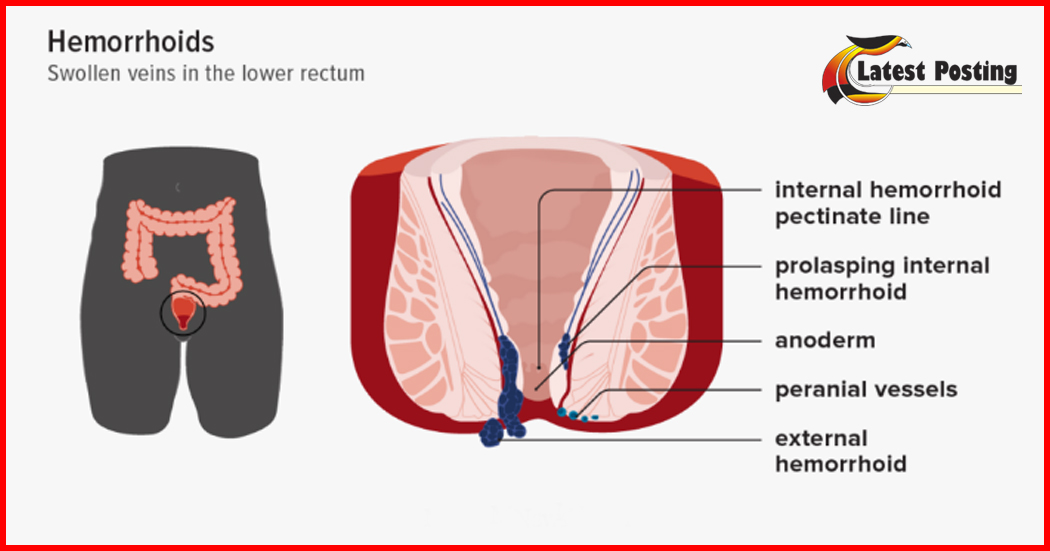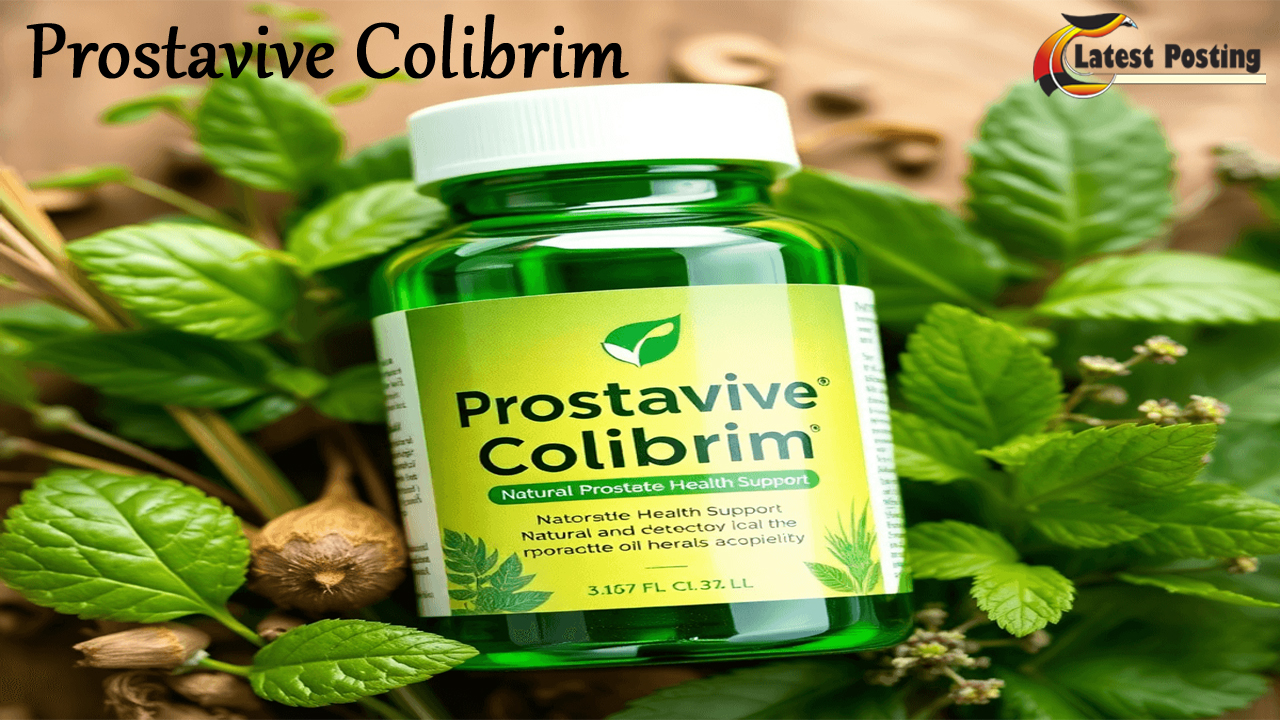Hemorrhoids are a common condition among adults and can cause severe pain and discomfort if left untreated. When it comes to hemorrhoids, everyone is a little shy or afraid to go out to see a doctor, choosing to endure it at home. At this time, you will turn on your mobile phone and read a series of popular information such as “How to cure hemorrhoids at home?”, “Recommended miracle medicine for hemorrhoids”, etc. Today, let Dr. Meng take you to learn about 6 home treatments for hemorrhoids.
1. First, we must understand the source and some symptoms of hemorrhoids in order to prescribe the right medicine.
Hemorrhoids are swelling and inflammation around the anus or lower rectum, which is the last section of the large intestine leading to the anus.

The last stretch of the large intestine that leads to the anus, they are caused by straining during bowel movements and prolonged sitting, and may also be secondary symptoms of other medical conditions, such as chronic constipation, obesity, and a high-stress lifestyle.

Internal hemorrhoids occur in the rectum or anus. They are one of the most common causes of bloody stools. Blood in the stool may be the only sign that a person has internal hemorrhoids. This is because there are very few nerves and pain receptors in the rectum.

External hemorrhoids are located under the skin around the anus. There are also more nerve endings here, and external hemorrhoids are more likely to cause symptoms than internal hemorrhoids.

External hemorrhoids are relatively common and usually produce typical hemorrhoid symptoms, such as:
◆Irritation and pain around the anus
◆Itching or burning sensation around the anus
◆Difficulty sitting down
◆Pain and swelling around the anus
◆Difficulty defecation
◆Blood appears after wiping with toilet paper
◆No need to defecate but leakage occurs
2. Family therapy
There are many hemorrhoid treatment options that can be treated at home or with over-the-counter medications. Many treatments can simply relieve the symptoms of hemorrhoids until they resolve on their own.
1. Warm water bath
Sitting in warm water just up to your legs can help reduce swelling and reduce irritation from hemorrhoids. Some people also choose to add other ingredients to the bath to help further reduce symptoms. These ingredients can include a cup of Epsom salt or apple cider vinegar. Others choose to use apple cider vinegar directly on the hemorrhoidal area, but this may sting and irritate the swollen skin.
2. Witch hazel
We should pay attention to the area around hemorrhoids to avoid inflammation and irritation. Many people use witch hazel directly on external hemorrhoids to get relief, and using a cotton ball with a small amount of pure witch hazel applied to the hemorrhoids will provide relief from many symptoms. If this method worsens symptoms, please go to the hospital and see a doctor in time to understand the situation.
3. Coconut oil
Coconut oil is a natural moisturizer that can also help relieve hemorrhoid symptoms. Using coconut oil can reduce inflammation and swelling and may also help reduce the urge to scratch.
4. Aloe vera
Aloe vera applied to the anus can relieve the burning, itching, and swelling caused by hemorrhoids. Purity is important because additives and preservatives can make symptoms worse. It is recommended to consult a doctor before use.
5. Ice pack
Applying cold compresses such as ice cubes to hemorrhoids can also help relieve pain and inflammation. Using an ice pack during a chronic hemorrhoid attack can help temporarily reduce swelling. When using an ice pack, wrap it in a towel to avoid damaging the skin. Leave the ice pack on for 15 minutes, repeat every hour.
6. Drug intervention
In cases where simple remedies aren’t enough or the pain is too severe, medications and ointments may provide some help, providing temporary relief.

3. Change your lifestyle
1. Drink more water
Many anal problems, such as hemorrhoids, are caused by a lack of fluids in the diet. Drinking plenty of fluids every day can make stools softer and easier to pass through the intestines. The result is soft stools that move through the intestines with less effort, reducing irritation of disease.

2. Fiber-rich foods
A high-fiber diet is important for digestive health, especially when it comes to bowel movements. Fiber absorbs water and helps soften stools, making them easier to pass.
3. Dress carefully
People can promote healing of hemorrhoids by wearing loose, breathable, cotton underwear and pants. This helps prevent excessive sweating in the area around the disease and helps reduce symptoms.
4. Correct toilet habits
There are also things to consider when going to the toilet that may help control or avoid hemorrhoids, it is important not to strain to have a bowel movement. Overexertion can make disease worse. If there is still no bowel movement after 2 minutes, it is best to try again later. This can also help develop regular bowel habits. In this case, it is also important to listen to your body. The moment your body needs to have a bowel movement is the best time to do it. Waiting too long when going to the toilet can allow stool to retreat, causing more stress and tension. This will only make disease worse. If toilet paper is too irritating, using damp toilet paper may help. Additive-free, alcohol-free baby wipes can also provide relief. Anal wipes or hemorrhoid wipes will help clean up after a bowel movement.

Squatting during bowel movements may help. The rectum clears itself more easily with less force when in the squatting position. The simplest way is to use old type of WC instead commode
5. Things to avoid
There are also some important things to avoid. Commercial baby wipes or scented toilet paper, which are commonly found in many households, should be avoided. Hemorrhoids are highly sensitive, and perfume and other chemicals may worsen symptoms. What’s more important is not to wash your anus with soap when you have thisdisease. This can dry out and irritate it.



